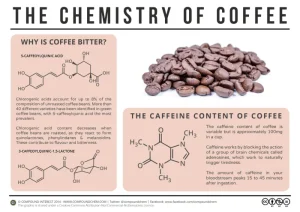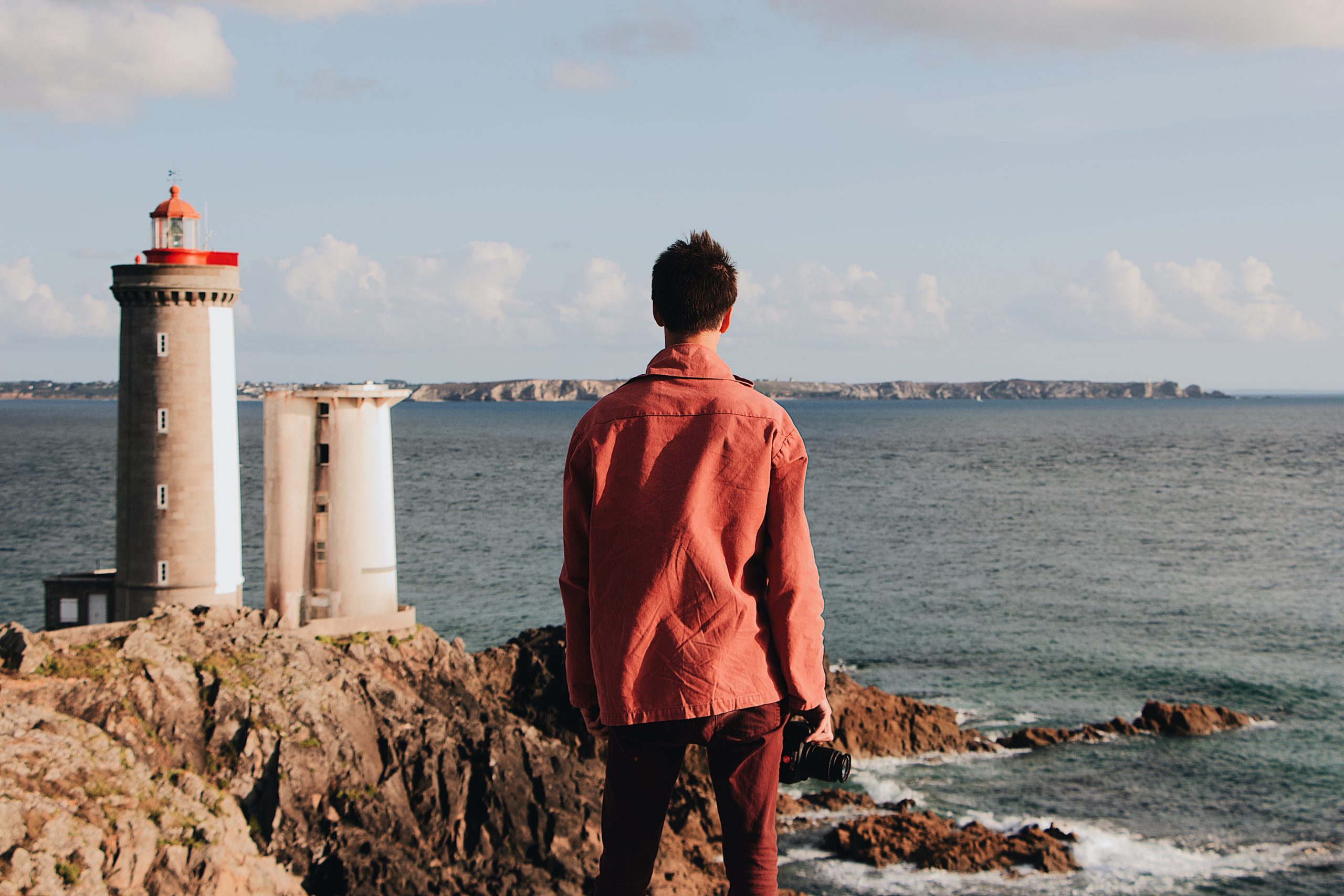Top Insights
The Shocking Truth: How Caffeine Secretly Controls Your Coffee’s Bitterness!
Unlock the Science Behind Your Coffee’s Bold and Bitter Kick!

When you take a sip of coffee, that bold, bitter taste might instantly wake you up—but have you ever wondered what actually causes it? Many people believe that caffeine is solely responsible for coffee’s bitterness. But is that really the whole story? Let’s uncover the truth about caffeine’s role and the other hidden factors influencing the taste of your daily brew!
Does Caffeine Really Make Coffee Bitter?
Yes, caffeine does contribute to the bitter taste of coffee, but surprisingly, it’s not the main factor. In fact, caffeine only accounts for about 15% of coffee’s overall bitterness. The real bitter powerhouses in coffee come from a group of compounds called chlorogenic acid lactones and phenylindanes, which develop during the roasting process.

How Roasting Affects Bitterness
- Light Roast: Contains more chlorogenic acids, which break down into lactones, creating a mild bitterness.
- Dark Roast: Produces phenylindanes, which result in a stronger, sharper bitterness.
This means that a darker roast will taste more bitter, even if the caffeine content is the same!
Other Factors That Influence Bitterness
- Brewing Method – Over-extraction (brewing coffee for too long) can make coffee taste excessively bitter.
- Bean Type – Robusta beans have almost twice the caffeine of Arabica beans, making them naturally more bitter.
- Water Temperature – Brewing with extremely hot water (above 96°C) can extract too many bitter compounds.
Final Thoughts: Should You Blame Caffeine for Bitterness?
While caffeine does play a role in coffee’s bitterness, it’s not the main culprit. Instead, roasting level, brewing techniques, and bean variety all contribute significantly to how bitter your cup of coffee tastes.
So next time you sip your morning brew, remember—it’s not just the caffeine controlling the flavor!
Recent Posts
Related Articles
The Untold Story of the Moka Pot: How This Tiny Brewer Revolutionized Coffee!
The Untold Story of the Moka Pot: How This Tiny Brewer Revolutionized...
ByparadisecoffeeFebruari 24, 2025Shocking Truth: The Best Time to Drink Coffee for Maximum Fat Burning!
When Should You Drink Coffee for Maximum Weight Loss? Scientists Reveal the...
ByparadisecoffeeJanuari 30, 2025WARNING! Excessive Coffee Consumption Can Cause Serious Health Issues
Coffee is a favorite drink for many people to boost energy and...
ByparadisecoffeeJanuari 30, 2025The Ultimate Coffee Showdown: You’ve Been Brewing Your Coffee Wrong All This Time!
For coffee enthusiasts, the quest for the perfect cup is never-ending. While...
ByparadisecoffeeJanuari 29, 2025















Leave a comment